Syria has been home to some of the world’s earliest and most amazing inventions. From music to writing, pottery to weaving, this ancient land has shaped human civilization in ways you might not have imagined. Let’s take a fascinating journey through history and discover some of the coolest things that Syria gave to the world!
🎵 The Oldest Music Sheet Ever Found
Imagine discovering an ancient rock song… but on a clay tablet! One of the greatest finds in Syria is the world’s oldest known musical notation, uncovered in the ancient city of Ugarit (modern-day Ras Shamra). Dating back to around 1400 BCE, this clay tablet contains lyrics for a hymn to the gods and instructions for playing a lyre-like instrument. That’s right—Syria had its own version of a music book long before Beethoven or The Beatles! This discovery proves that music theory existed over a thousand years before the Greeks started composing. Listen to the oldest music here.
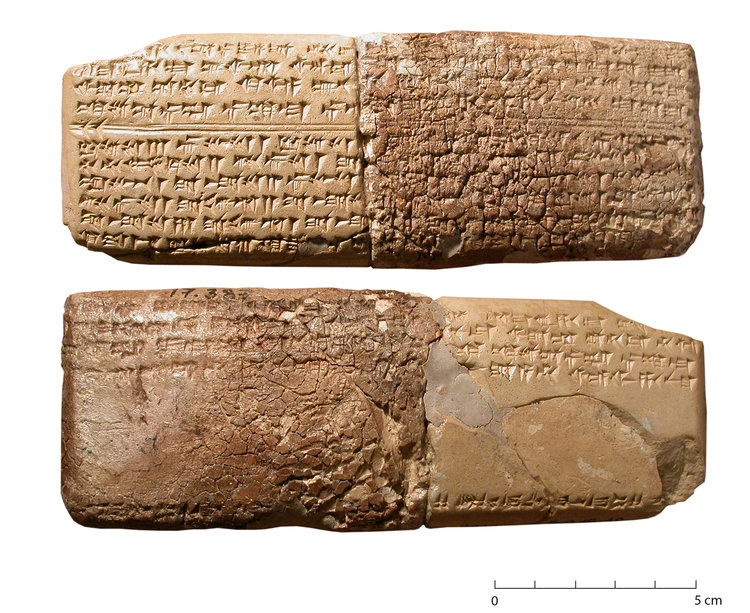
🏺 Pottery: The First Tupperware!
Ever wondered how ancient people stored their food and drinks? Enter pottery! Some of the earliest pottery pieces were made in Syria around 8,000 BCE. Archaeological sites like Abu Hureyra show that early humans shaped clay into bowls, jugs, and other vessels. Over time, techniques improved, and the use of kilns (ancient ovens) made pottery stronger and more durable. These beautifully decorated pieces give us a glimpse into ancient Syrian life, showing how people ate, drank, and even expressed their artistic side!
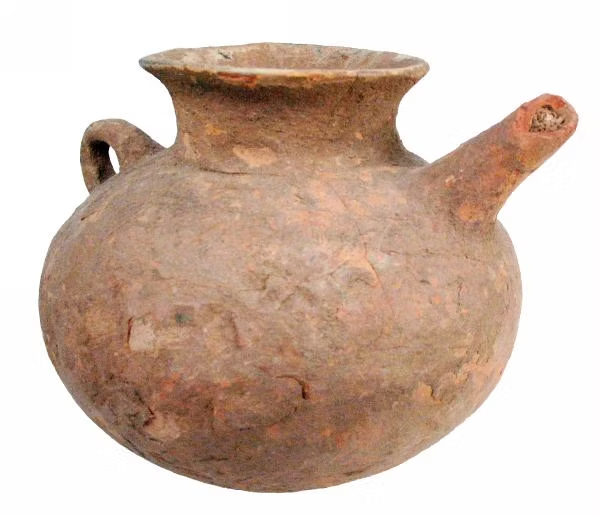
🚗 The Wheel: Syria’s Big Spin on Innovation
No, the wheel wasn’t invented by cavemen! In fact, the earliest evidence of it comes from Syria during the Neolithic period (over 5,000 BCE). At first, people used it to help make pottery, but soon they realized it could change transportation forever. Once wheels were added to carts and chariots, getting around became way easier. This simple yet groundbreaking invention spread across the world, shaping the course of human history. So, next time you hop in a car or ride a bike, remember—you owe a big thanks to ancient Syria!
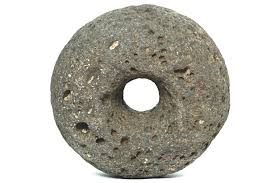
🧶 Weaving: The Birth of Fashion
Before weaving, people wore animal hides to keep warm. But in Syria, around 7,000 BCE, early humans started using plant fibers and wool to create fabrics. They built simple looms and began weaving intricate patterns. This not only led to the creation of comfortable clothing but also influenced fashion for centuries! So, the next time you put on your favorite sweater, just think—you might be rocking a style that started in ancient Syria!
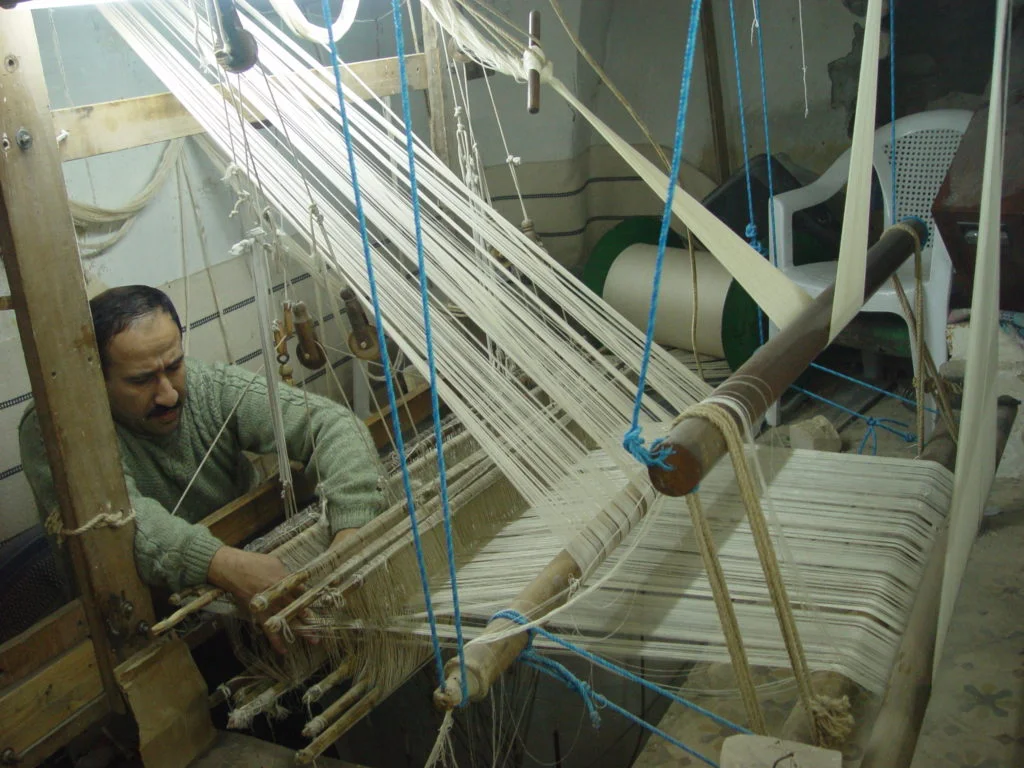
✍️ The First Alphabet: The OG of Writing
Forget emojis—Syria gave us the very first alphabet! In the ancient city of Ugarit, archaeologists found a cuneiform script dating back to 1400 BCE. Unlike older writing systems that relied on pictograms, the Ugaritic alphabet had 30 characters that represented sounds, making reading and writing much easier. This system was the grandparent of today’s alphabets, including Greek and Latin. Fun fact: Syria was also home to one of the world’s first dictionaries! Found in the city of Ebla, it contained lists of words in different languages, proving that even back then, people loved translating things!
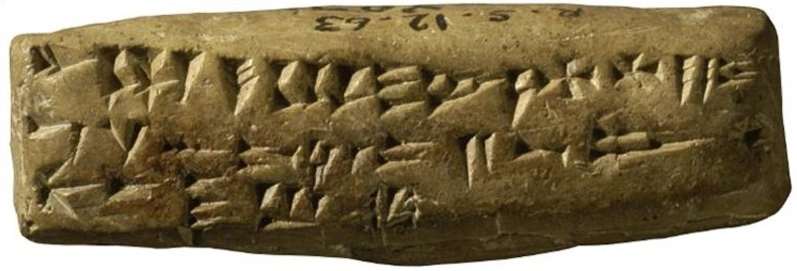
🏺 Glass: A Happy Accident That Changed the World
Did you know that Syria was one of the first places to master glassmaking? According to legend, Phoenician traders along the Syrian coast discovered glass by accident when cooking on sand mixed with natron (a type of salt). The heat transformed the mixture into clear, shiny glass! This discovery led to one of the most important industries in history. But they didn’t stop there—Syrians also perfected glassblowing, allowing them to shape beautiful glassware. These techniques spread across the Roman Empire, turning Syria into the world’s glass capital. Without Syrian glassmakers, we wouldn’t have windows, bottles, or even eyeglasses!
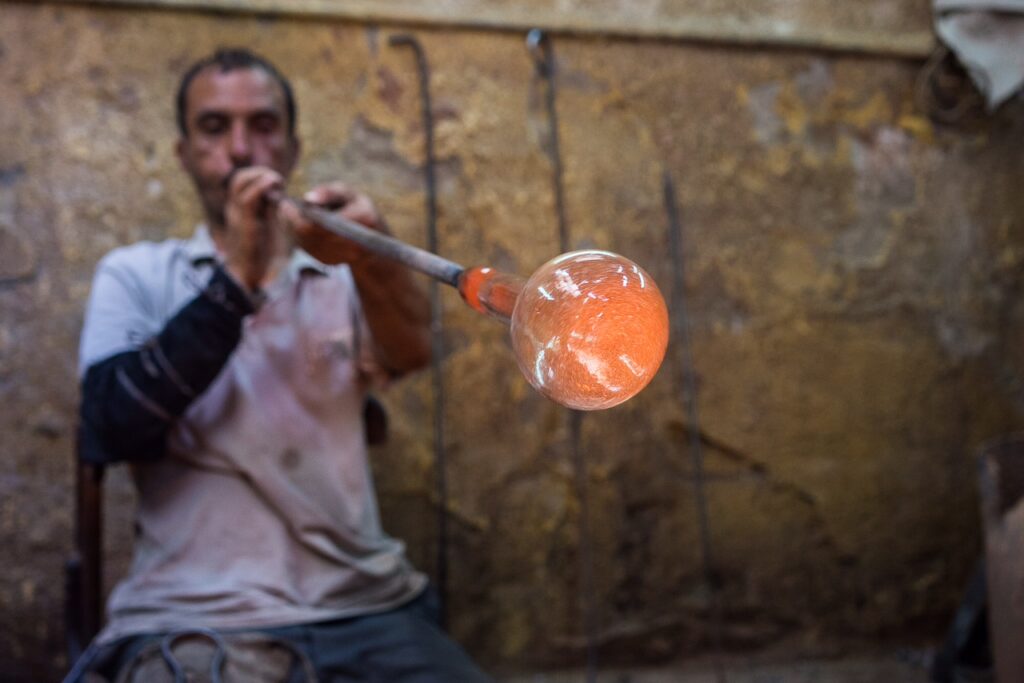
📚 The First Library: Ancient Google
Think the Library of Alexandria was the first major knowledge hub? Think again! The oldest known library was discovered in Ebla, an ancient Syrian city from around 2500 BCE. Archaeologists found over 1,800 clay tablets, filled with records of trade, politics, and even literature. It was basically an ancient Google search, where scribes kept track of everything from diplomatic agreements to poetry. This incredible discovery shows that knowledge and education were highly valued in early Syrian civilization.
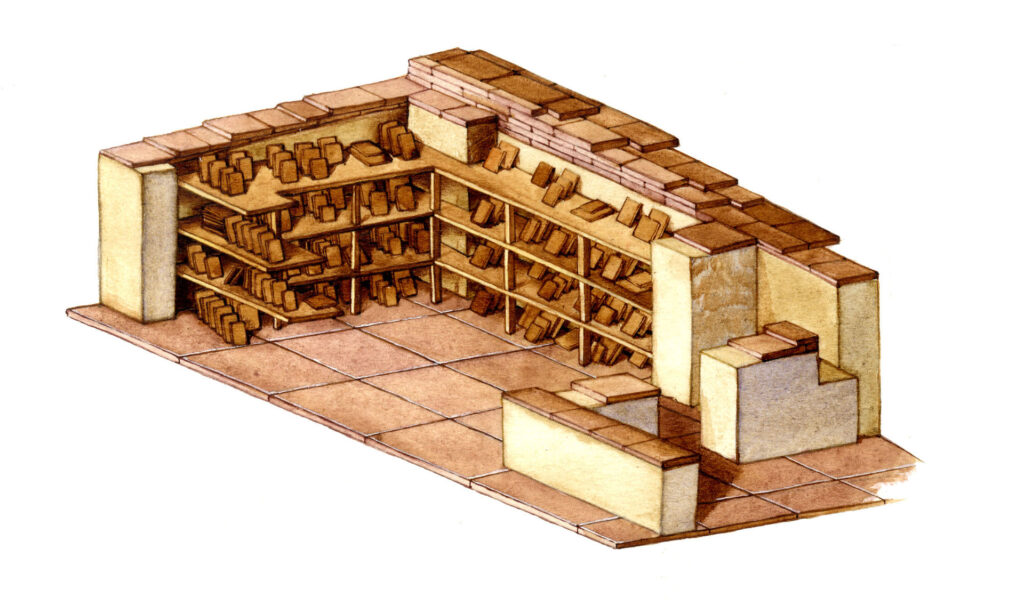
🧼 Aleppo Soap: The World’s Oldest Luxury Skincare
Before fancy skincare brands, people in Aleppo were making some of the world’s best soap. Crafted from olive oil and bay laurel oil, Aleppo soap was prized for its gentle, moisturizing formula. It became a hot commodity across the Mediterranean and was even used by Crusaders and royal families. Today, people still swear by this natural soap for its skin-healing properties. So if you want a beauty secret that’s been around for centuries, grab a bar of Aleppo soap!
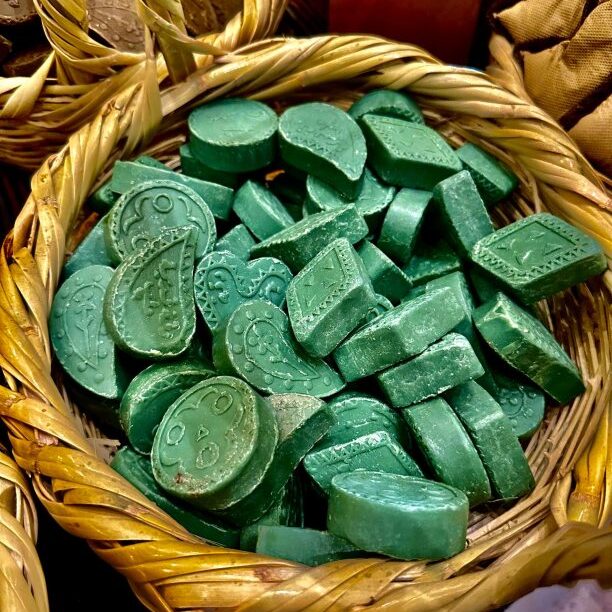
⚔️ Damascus Steel: The Legendary Super Sword
You’ve probably heard of Excalibur, but real legendary swords were made from Damascus steel! This metal, forged in Syria, was famous for its strength and sharpness. Medieval warriors believed these blades could cut through other swords and even slice a strand of hair in mid-air! The exact method of making Damascus steel remains a mystery to this day, but its legend lives on in history books, video games, and movies.
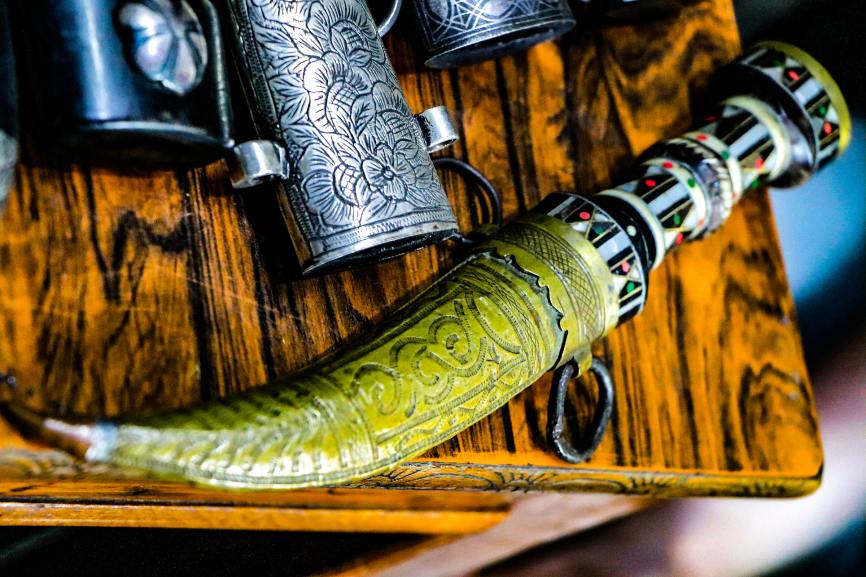
🚰 Water Wheels: Ancient Syrian Engineering at Its Best
Water is life, and ancient Syrians knew how to manage it brilliantly. One of their most famous inventions was the Noria—a giant wooden water wheel that lifted water from the Orontes River to irrigate fields. The Norias of Hama, some of which still stand today, show just how advanced Syrian engineering was. These systems helped farmers grow crops in dry regions, proving that necessity really is the mother of invention!
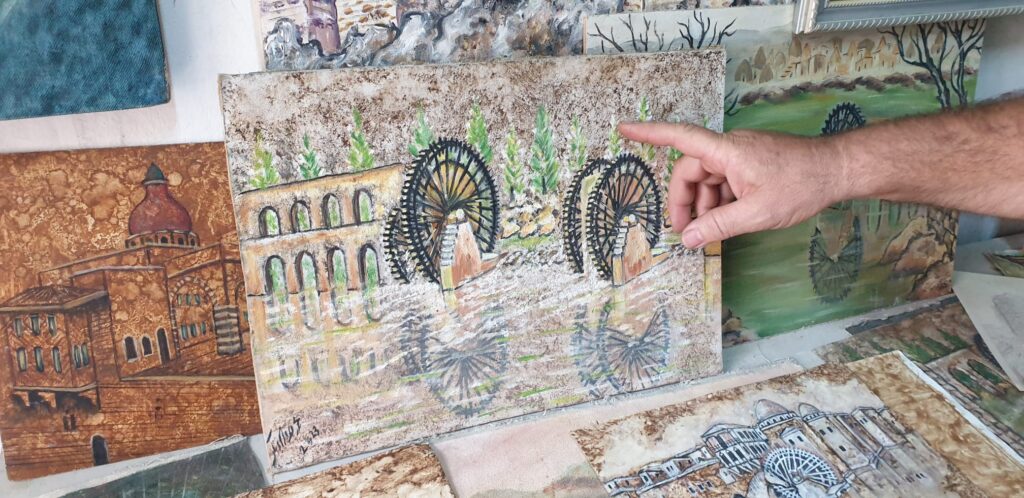
✌️ The First Peace Treaty: Ancient Diplomacy
Before the United Nations and peace conferences, ancient Syria played a major role in world diplomacy. The first known international peace treaty was signed between the Egyptians and the Hittites after the Battle of Kadesh in 1259 BCE. Copies of the treaty were found in Syria, inscribed on clay tablets. This early example of conflict resolution shows that even thousands of years ago, people knew that talking things out was better than fighting!
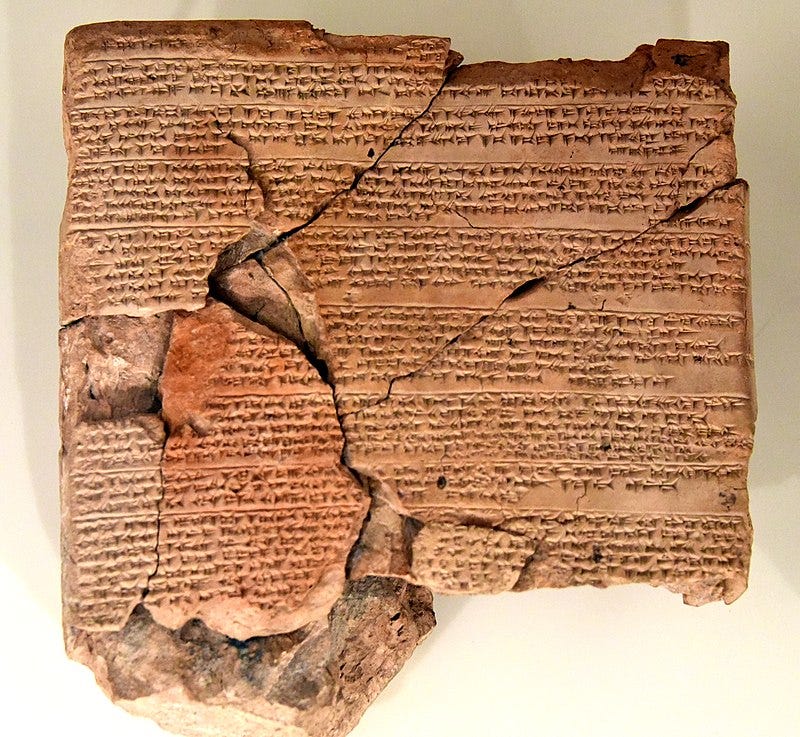
Final Thoughts
From music and writing to glassmaking and steel, Syria has given the world some of its most important inventions. Whether it’s something as simple as soap or as groundbreaking as the wheel, the contributions of this ancient land are everywhere in our daily lives. So next time you pick up a book, hop in a car, or wash your hands, take a moment to appreciate the genius of ancient Syria!
